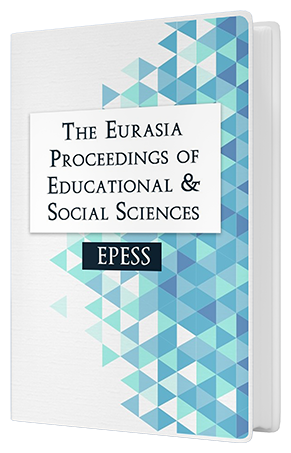Improving Student Achievement in Mathematics Courses Taught in Foundation Year at University
Keywords:
Mathematics, Fractions, Teaching, Foundation and Manchester Metropolitan universityAbstract
This paper presents how student achievement in foundation year mathematics courses may be improved by planning learning experiences which are responsive both to the students’ learning needs and to the discipline of mathematics. A case study was conducted involving 372 students enrolled at Manchester Metropolitan University (MMU), United Kingdom, who completed an initial test for preliminary assessment of their mathematical knowledge. The results of quantitative and qualitative analysis of their answers, together with the I-Cube model, were used for planning and delivery of the mathematics learning experiences included in lectures, the aim being to enable students to build on their existing interests, proficiencies, experiences and competencies. The students then completed a second test which aimed to assess the learners’ conceptual development. The results of quantitative and qualitative analysis of these answers showed an improvement in student achievement. The paper also contains suggestions for improvement of I-Cube model implementation through the design and application of online versions of the two tests. This would enable greater personalisation of learning and assessment and allow feedback to be given in real-time, thus making the mathematics lectures more enjoyable and effective in developing students’ knowledge and skills. In addition, the development of online tutorials for students to study at home before attending face-to-face tutorials (blended learning approach) would enable the students to develop positive mathematical identities and become strong mathematical learners.Downloads
Published
Issue
Section
License
Copyright (c) 2019 The Eurasia Proceedings of Educational and Social Sciences

This work is licensed under a Creative Commons Attribution-NonCommercial-ShareAlike 4.0 International License.
The articles may be used for research, teaching, and private study purposes. Any substantial or systematic reproduction, redistribution, reselling, loan, sub-licensing, systematic supply, or distribution in any form to anyone is expressly forbidden. Authors alone are responsible for the contents of their articles. The journal owns the copyright of the articles. The publisher shall not be liable for any loss, actions, claims, proceedings, demand, or costs or damages whatsoever or howsoever caused arising directly or indirectly in connection with or arising out of the use of the research material. All authors are requested to disclose any actual or potential conflict of interest including any financial, personal or other relationships with other people or organizations regarding the submitted work.




